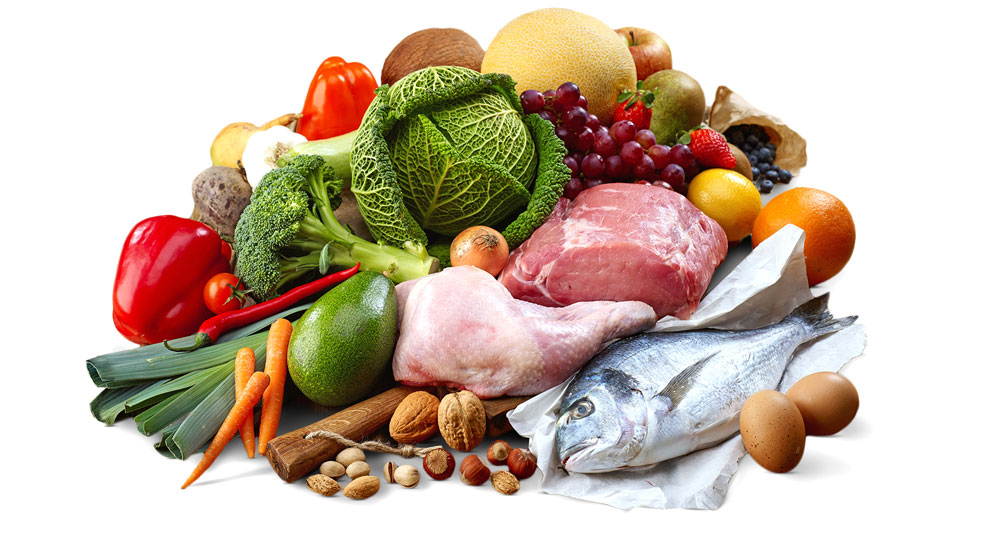Dietary Keys to Overcoming Depression

Aside from cutting out sugars, make sure you're getting sufficient amounts of healthy fats in your diet. Examples of healthy saturated fats include avocados, butter made from raw, grass fed organic milk, organic pastured egg yolks, coconuts and coconut oil, raw nuts and grass fed meats. You may need as much as 50 to 80 percent of your daily calories in the form of healthy fats such as these.
Beyond that, animal-based omega-3 fat may be the single most important nutrient to battle depression, It's particularly important when combating more serious problems such as psychosis and schizophrenia. Good sources of animal-based omega-3 include fatty fish that are also low in mercury, such as wild-caught Alaskan salmon, sardines and anchovies.
If you don't eat these types of fish on a regular basis, it would be advisable to take a high-quality omega-3 supplement such as krill oil, which has a number of benefits over fish oil, including better absorption. Lastly, to re-balance your gut flora, be sure to eat plenty of:
Fiber-rich foods. This means more vegetables, nuts and seeds (not grains). Recent research confirms that in order to work, the fiber must be unprocessed. Processed supplement fiber such as inulin powder does not provide gut bacteria with what they need. Organic whole husk psyllium is a great fiber source, as are sunflower sprouts and fermented vegetables, the latter of which are essentially fiber preloaded with beneficial bacteria. Flax, hemp and chia seeds are other excellent fiber sources.
Fermented foods. By eating a variety of fermented and cultured foods such as fermented vegetables (all kinds), kombucha, kefir or raw yogurt, natto, kimchi and others, you will get a wide assortment of beneficial bacteria into your system. If you, for whatever reason, will not eat fermented foods, then a high-quality probiotic supplement is certainly recommended. Just understand you probably will not reap as great a benefit as if you were actually eating fermented foods.